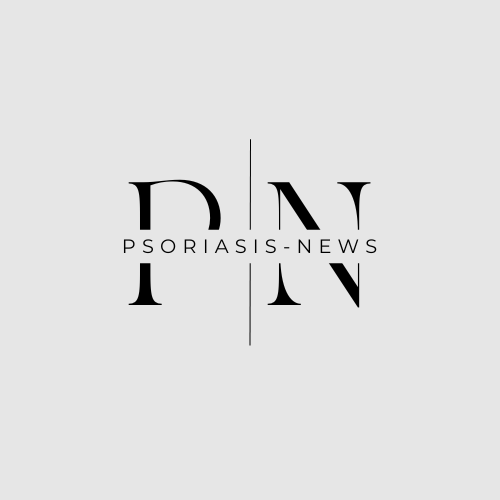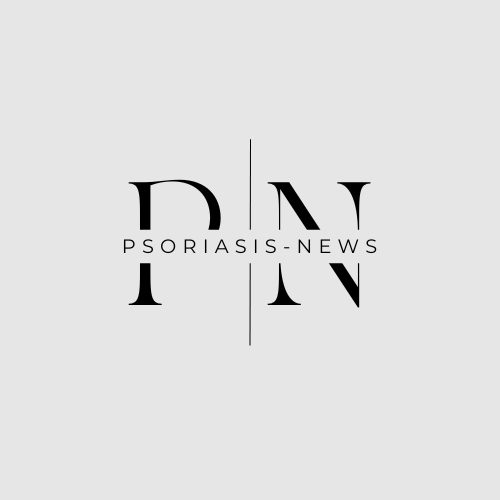Cancer Sci. 2024 Oct 22. doi: 10.1111/cas.16378. Online ahead of print.
ABSTRACT
Our previous research has demonstrated that P2RY6 functions as an oncogene in DMBA/TPA-induced two-stage chemical skin carcinogenesis in mice. However, considering that human skin cancer is predominantly attributed to UV radiation from sunlight, additional investigations are needed to elucidate the role of P2RY6 in UVB-induced skin carcinogenesis. Surprisingly, we found that P2ry6-deficient mice exhibited marked promotion to UVB-induced skin papilloma formation compared with wild-type mice, suggesting its tumor-suppressive role in UVB-induced skin cancer. Additionally, a P2ry6 gene knockout promoted skin hyperplasia induced by short-term UVB irradiation, while UDP, the ligand of P2RY6, could inhibit the short-term UVB-induced increase of epiderma thickness in mouse skin. Furthermore, UVB irradiation could significantly upregulate P2RY6 expression in human and mouse skin cells. These results indicated that P2RY6 may play a crucial protective role in resisting the UVB-induced formation of skin tumors. At the molecular level, the loss of the P2RY6 gene inhibits the ubiquitination modification and expression of XPC after UVB irradiation in skin keratinocytes, resulting in the accumulation of CPDs (cyclobutane pyrimidine dimers). We have also demonstrated that P2RY6 deletion activates the PI3K/AKT signaling pathway both in vitro and in vivo. The CPD accumulation and acute inflammatory response enhanced by the loss of the P2RY6 gene can be reversed by an AKT inhibitor. These findings suggest that P2RY6 may act as a tumor suppressor in UVB-induced skin cancer by regulating the PI3K/AKT signaling pathway.
PMID:39435731 | DOI:10.1111/cas.16378

